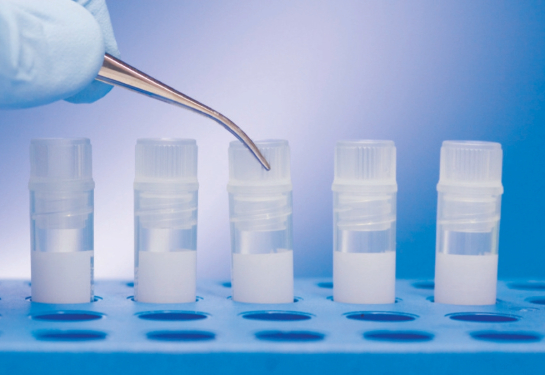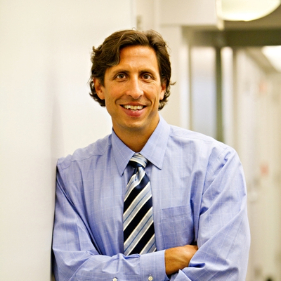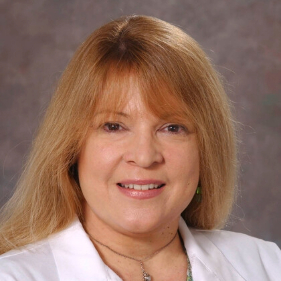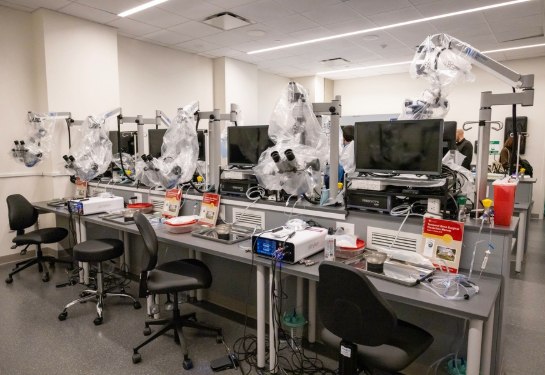Novel cell therapy receives expedited FDA designation
Clinical trial seeks to help patients with swallowing difficulties after cancer treatment
An investigational cell therapy being evaluated at UC Davis Health has been granted fast-track designation by the U.S. Food and Drug Administration (FDA) to help patients with oropharyngeal dysphagia (OPD) following their treatment for head and neck cancer.
The promising autologous treatment called iltamiocel is developed by Cook MyoSite Inc. It has been through two clinical trials at UC Davis Health to evaluate its potential to increase tongue strength for patients with swallowing difficulties known as dysphagia.
The expedited Regenerative Medicine Advanced Therapy (RMAT) designation is granted to regenerative medicine therapies that demonstrate potential to address serious conditions with significant unmet needs. The designation represents a significant regulatory milestone for patients and researchers who have spent several years working on the therapy
“We are thrilled to receive an RMAT designation for this technology which could be a game-changer for our patients who suffer from difficulty swallowing, many of whom are cancer survivors living with the consequences of radiation toxicity,” shared Peter Belafsky, director of the UC Davis Health Center for Voice and Swallowing, and principal investigator for both clinical trials.
“We are thrilled to receive an RMAT designation for this technology which could be a game-changer for our patients who suffer from difficulty swallowing, many of whom are cancer survivors living with the consequences of radiation toxicity.”—Peter Belafsky
Iltamiocel involves a personalized, regenerative cell therapy procedure. It consists of a concentrated, cryopreserved, suspension of the patient’s own skeletal muscle progenitor cells derived from muscle tissue obtained from the patient’s quadriceps during an in-office procedure. The outpatient procedure takes place in a medical office and collects the sample from the patient’s quadriceps.
More than 700 participants have contributed to the therapy’s clinical development program.
“The UC Davis Health Department of Otolaryngology has been focusing on bringing new treatments for patients with oropharyngeal dysphagia (OD),” said Ryan Pruchnic, managing vice president of Cook MyoSite. “We were grateful to partner with them to provide iltamiocel, our investigational autologous skeletal muscle progenitor cell therapy, for the treatment of OD. We’re looking forward to continuing research and finding a new option for these patients.”
Promising Phase I/II results
The fast-track designation came after the FDA thoroughly reviewed preliminary clinical evidence obtained in part from the first-in-human Phase I/II TODY clinical trial. The open-label clinical trial (in which participants and researchers know ahead of time which treatment is being provided) assessed the safety and efficacy of the novel investigational cell therapy.
The trial also evaluated the patient’s personalized regenerative therapy product that was grown in lab and injected into their tongue.
Researchers believe the muscle cells will augment existing muscle fibers to increase tongue strength and improve the patients’ ability to swallow.
An unmet medical need
Each year, about one in 25 adults in the United States will experience a swallowing problem. Many of these individuals have received treatment for head and neck cancer, which can damage the muscles responsible for a safe and effective swallow. Medicine or other effective therapy does not yet exist to improve swallowing.
“This is a struggling patient population that currently doesn't have many good options to help them,” explained Belafsky. “They can experience dramatic deficits in both speech and swallowing that may lead to malnutrition, dehydration, social isolation, depression, aspiration pneumonia, pulmonary abscess and even death.”
The results from the ongoing clinical trials will potentially benefit millions of patients with swallowing disorders.
“We are steadfast in our commitment to pioneering innovative cell therapies, advancing the frontier of medicine to transform countless lives and offering new hope to those in need.”—Jan Nolta
“We are steadfast in our commitment to pioneering innovative cell therapies, advancing the frontier of medicine to transform countless lives and offering new hope to those in need,” added Jan Nolta, director of the Stem Cell Program at UC Davis Health. “We are hopeful this work could lead to a new treatment of this ailment.”
What’s next?
Researchers have completed enrollment of 62 patients for their current Phase II double-blind, randomized, placebo-controlled study known as REVIVE. It is the largest trial of its kind to date investigating the efficacy of an interventional treatment for patients with post-head and neck cancer treatment OPD.
This clinical trial is funded by a $11 million grant from the California Institute for Regenerative Medicine (CIRM). The institute was established by the state of California to accelerate regenerative medicine research to deliver treatments for patients with unmet medical needs.
Participants will receive two sets of injections of iltamiocel into their tongue, spaced 4-6 weeks apart. Each will be observed during eight in-office visits and seven virtual visits over the course of 26 months.
“The RMAT designation is great news for the team at UC Davis Health and for patients affected by dysphagia,” said Paul Webb, senior science officer and program manager of therapeutics development at CIRM. “The designation is a major achievement and showcases exactly the type of collaboration between investigators, institutions, and patients that CIRM seeks to encourage. We look forward to supporting UC Davis Health researchers in the ongoing clinical trial.”
For more information, contact the study team at HS-ENTStemCell@ucdavis.edu or visit the clinical trial’s website. Further information on the study treatment and Cook MyoSite Inc. can be found here.






